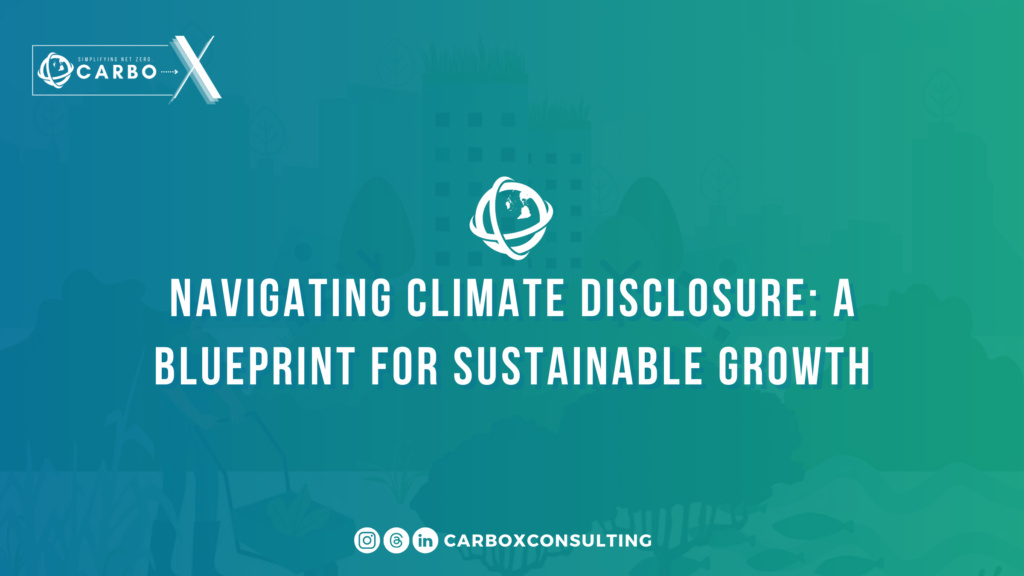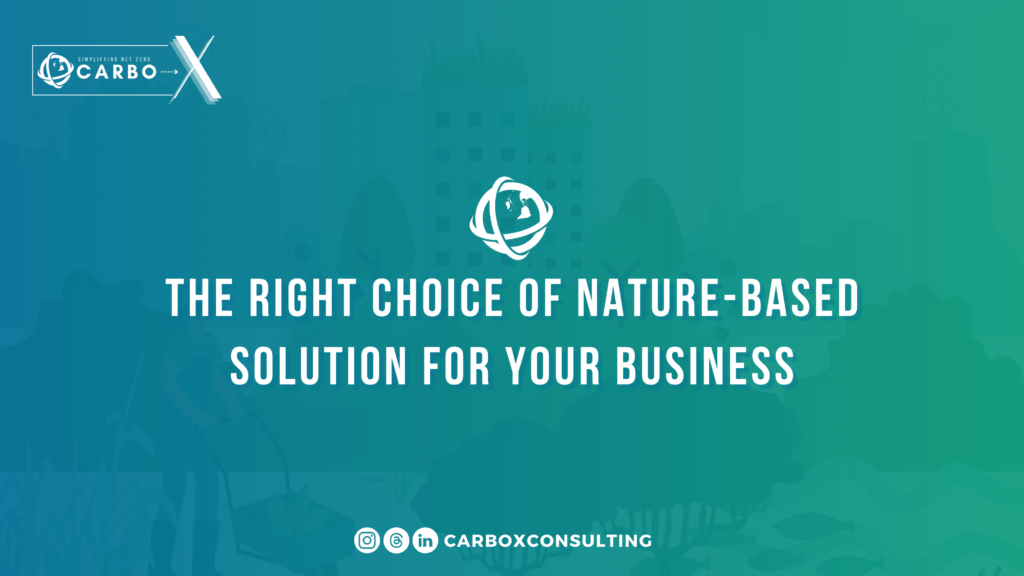In today’s rapidly evolving business landscape, where the specter of climate change looms large, the imperative for climate disclosure has never been more urgent. This practice of transparently reporting on various facets of a company’s environmental impact is not just about meeting regulatory requirements; it’s about embracing responsibility and seizing opportunities for sustainable growth. However, for businesses, navigating this terrain can feel like charting unexplored waters. From selecting the right reporting frameworks to fostering cross-departmental collaboration, the journey towards transparent climate disclosure is multifaceted and nuanced.
At its core, climate disclosure is about communicating vital information regarding a company’s environmental performance and strategies for addressing climate-related risks and opportunities. This encompasses metrics like greenhouse gas emissions, sustainability targets, and governance strategies. By integrating this information into regulatory filings and financial statements, businesses ensure transparency and accountability to stakeholders, including investors and local communities.
Choosing the appropriate reporting framework is a critical initial step. With a plethora of options available, ranging from mandatory regulations to voluntary schemes, businesses must align their choices with global standard harmonization efforts. Opting for frameworks like the Task Force on Climate-related Financial Disclosures (TCFD) can provide a standardized approach, enhancing comparability and credibility of disclosed information.
Effective climate disclosure necessitates collaboration across various departments within an organization. By breaking down silos and fostering cross-departmental collaboration, businesses can gain a comprehensive understanding of their climate impacts. This collaborative approach facilitates robust risk management and identification of opportunities for innovation and sustainable practices.
The board of directors holds a pivotal role in approving corporate climate disclosure. Beyond mere compliance, failure to meet governance standards may expose them to litigation risks. Guiding principles outlined by organizations like the World Economic Forum offer a roadmap for board members to assess their organization’s approach to climate governance, emphasizing factors such as accountability, risk assessment, and strategic integration.
Key Principles for Climate Governance
Outlined principles like climate accountability, command of the subject, and strategic integration provide a framework for effective climate governance. By incorporating these principles into their governance structures, businesses can ensure that climate considerations are embedded into decision-making processes at all levels.
- Climate Accountability on Boards: Ensuring long-term resilience to climate risks.
- Command of the Subject: Being informed about climate-related risks and opportunities.
- Board Structure: Establishing appropriate structures to understand and manage climate risks.
- Risk and Opportunity Assessment: Identifying and assessing material climate-related risks.
- Strategic Integration: Incorporating climate considerations into the organization’s strategy and decisions.
- Incentivization: Aligning executive incentives with climate-related targets.
- Reporting and Disclosure: Transparently disclosing climate-related risks and decisions to stakeholders.
- Exchange: Staying informed about best practices through dialogue with peers and experts.
These principles build upon existing corporate governance frameworks and climate risk guidelines. Extensive consultation with industry experts contributed to their development, ensuring practical applicability and relevance for businesses across sectors.
Conclusion
As businesses navigate the complexities of climate disclosure and governance, a proactive approach is paramount. By integrating climate considerations into their operations and decision-making processes, businesses can not only mitigate risks but also unlock opportunities for long-term sustainability and success. In today’s climate-conscious world, robust governance and transparent disclosure aren’t just ethical imperatives; they’re essential drivers of business resilience and growth.
With Carbo-X’s comprehensive suite of solutions, businesses can embark on their sustainability journey with confidence. Equipped with cutting-edge expertise and tailored strategies, organizations can fulfill their ethical obligations while unlocking the potential for innovation and competitive advantage in an increasingly green economy. Together, we pave the way towards a future where sustainability isn’t just a goal but a fundamental pillar of business resilience and growth.
Written by,
Ebadat Ur Rehman Babar
CEO - Carbo-X



